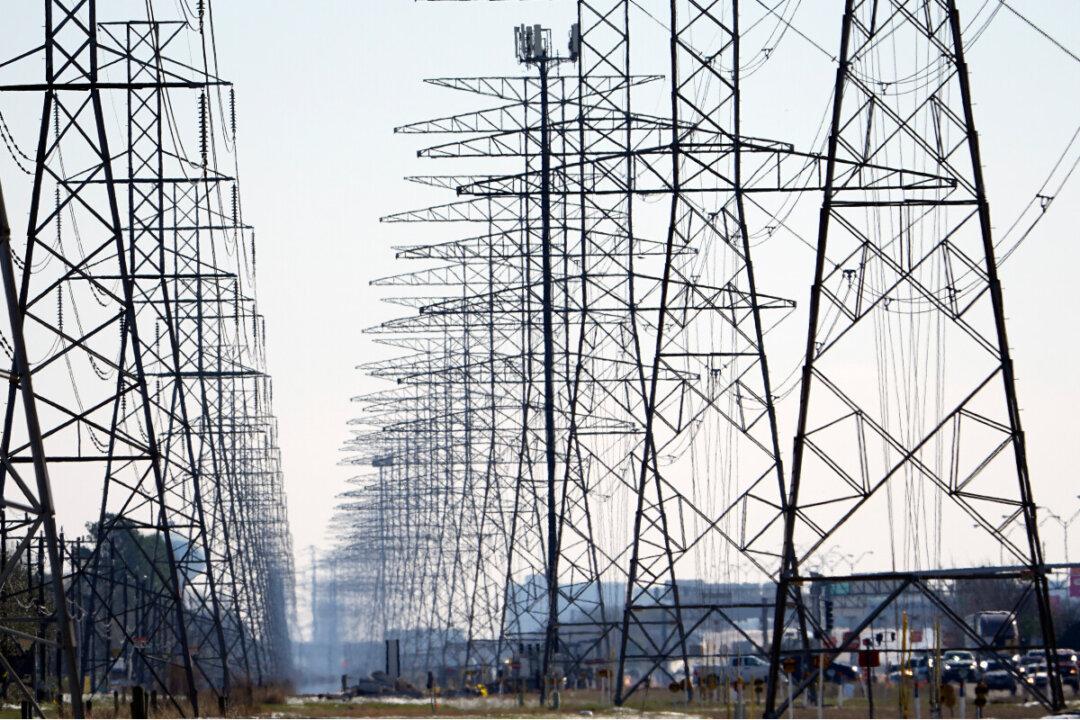Pennsylvanians will be hit with an increase of up to 50 percent on their energy bills starting Wednesday, according to the Pennsylvania Public Utility Commission (PUC).
Many areas of the state will see “potentially large winter energy cost increases,” the PUC said.





